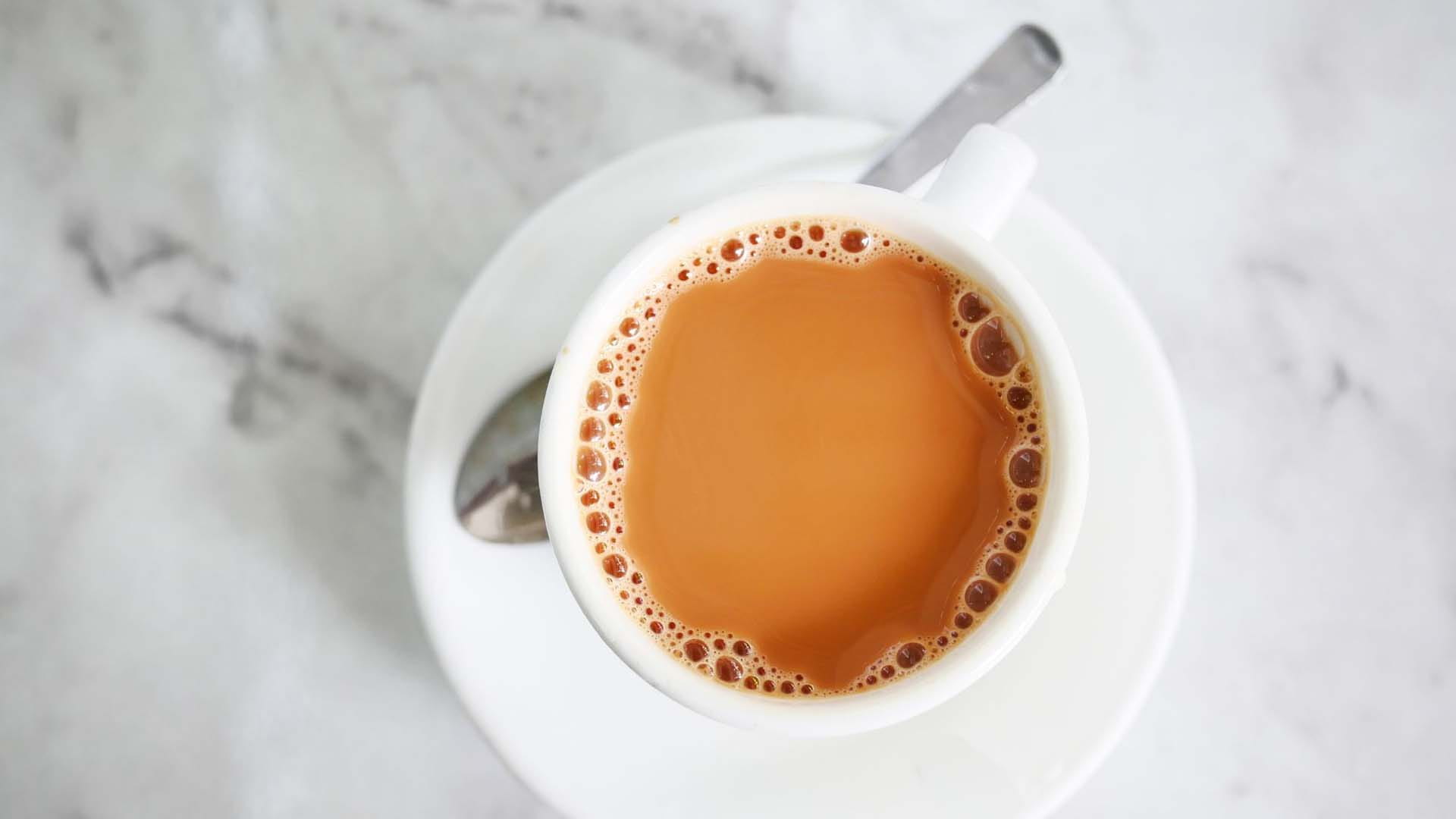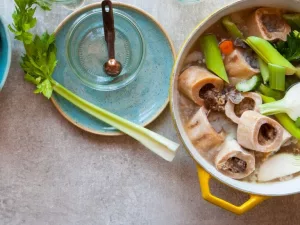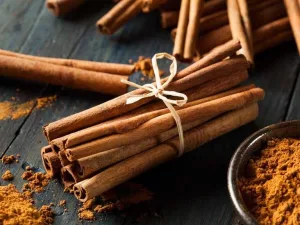Tea ranks among the world’s most consumed drinks, and many people believe it offers a variety of health advantages.
In the UK and several other regions, it’s customary to take tea with milk.
Still, it remains uncertain whether pouring milk into tea enhances its benefits — or whether it actually reduces the effectiveness of tea’s active components in the body.
This article summarizes what is known about how milk affects tea.
Both tea and milk offer healthful properties
Several types of tea appear to confer health gains, with green and black teas being the most extensively studied.
Both originate from leaves of the Camellia sinensis plant but are processed differently.
Green and black teas are abundant in plant-based compounds known as flavonoids. These act as antioxidants, helping to counteract cellular damage caused by reactive molecules called free radicals. Elevated free radical levels are linked to heart disease, cancer, and other health problems.
More specifically, green tea is high in catechins, while black tea contains substantial amounts of theaflavins.
Owing to these constituents, consumption of green and black tea has been associated with lower blood pressure, potential anticancer effects, and reduced cholesterol in animal and human research.
Conversely, milk supplies important nutrients — including protein, calcium, and potassium — that support growth, body composition, and bone health.
summaryTea—particularly green and black types—contains antioxidant compounds that may support cardiovascular health and have anticancer potential. Milk, meanwhile, provides nutrients that aid growth and bone strength.
Milk proteins might alter tea compounds’ effects, but findings vary
Because both tea and milk contain beneficial substances, combining them could seem advantageous.
Indeed, one study of over 1,800 adults in China reported that both tea and milk intake were independently associated with reduced oral cancer risk and that their joint consumption might offer particular benefit.
However, some research indicates that milk proteins could hinder the absorption and antioxidant function of tea compounds.
For example, a study of 16 women found that drinking two cups (500 ml) of plain black tea significantly raised blood flow — a factor that may improve heart function — compared with water. In contrast, black tea consumed with skim milk did not produce this effect.
The investigators suggested that casein, a milk protein, might bind to tea flavonoids and block their activity in the body.
On the other hand, a small trial involving 9 adults observed that drinking black tea increased circulating antioxidant flavonoids and that adding milk did not diminish this increase.
Those researchers also proposed that longer brewing times could enhance antioxidant absorption from tea, regardless of whether milk is included.
Given these inconsistent outcomes, milk may reduce tea antioxidants’ activity in some circumstances, though this effect might not occur with tea brewed for extended periods.
More research is required to clarify the possible advantages and drawbacks of putting milk in tea.
summaryLimited evidence suggests milk might reduce the activity and uptake of tea antioxidants, while other studies find no inhibitory effect.

The variety of tea might matter
Whether milk alters tea’s benefits may also hinge on the tea type, but most investigations to date have centered on black tea.
Because green teas are likewise rich in flavonoids, milk could theoretically influence green tea compounds in a manner similar to black tea.
In fact, a study in 18 adults found that taking green tea capsules with milk reduced the typical increase in calorie burning seen with green tea capsules alone.
While intriguing, these findings warrant more study to understand the effects of adding milk to brewed green tea rather than to green tea supplements.
Additionally, no research has examined the impact of milk on teas beyond black and green varieties.
summaryMilk’s impact on tea benefits may depend on the specific tea, but existing studies have mostly explored milk added to black and green teas.
The takeaway
Tea—especially green and black varieties—is rich in antioxidant compounds that may help lower blood pressure and cholesterol and offer other benefits.
Some studies suggest adding milk to tea can inhibit these compounds’ actions, whereas others report no such effect.
Moreover, many studies on milk and tea have small sample sizes and typically do not involve long-term tea drinkers who habitually consume tea with milk.
Therefore, it’s still unclear whether combining milk and tea is beneficial; however, drinking tea in general has been more consistently linked with potential health advantages.

























Leave a Reply
You must be logged in to post a comment.